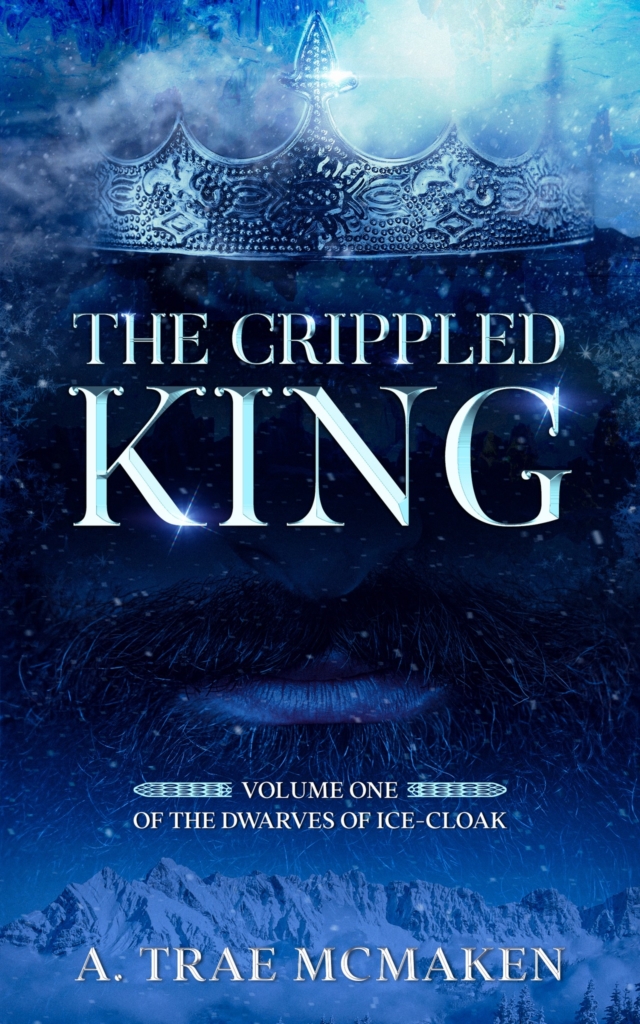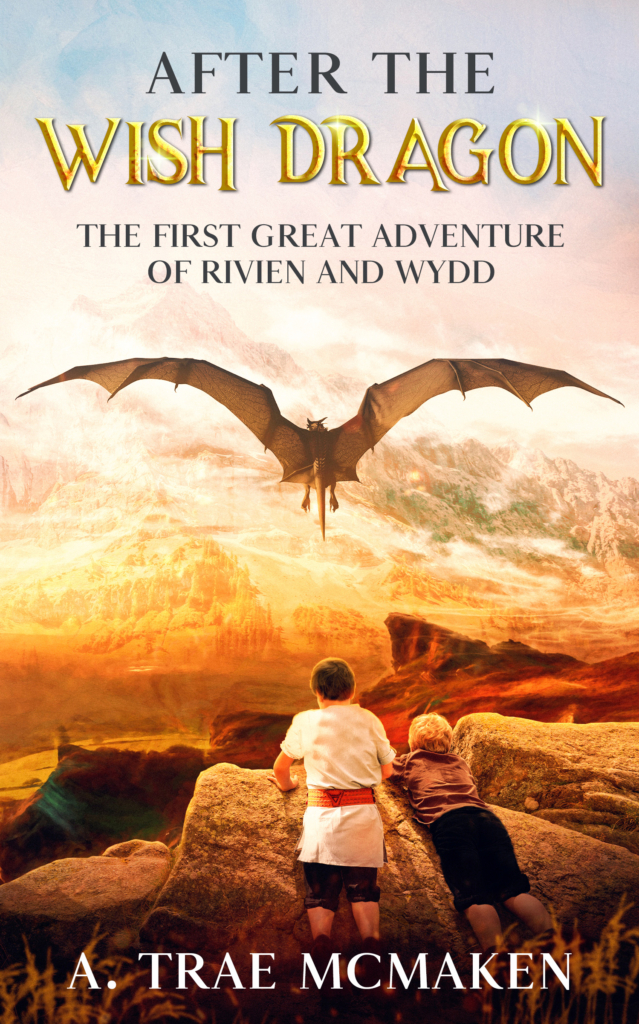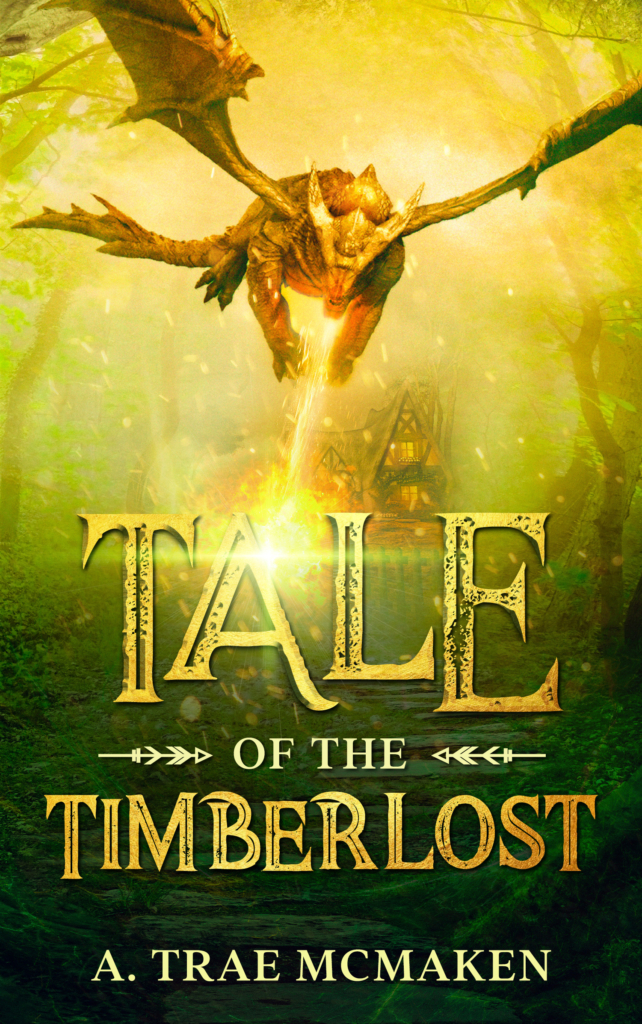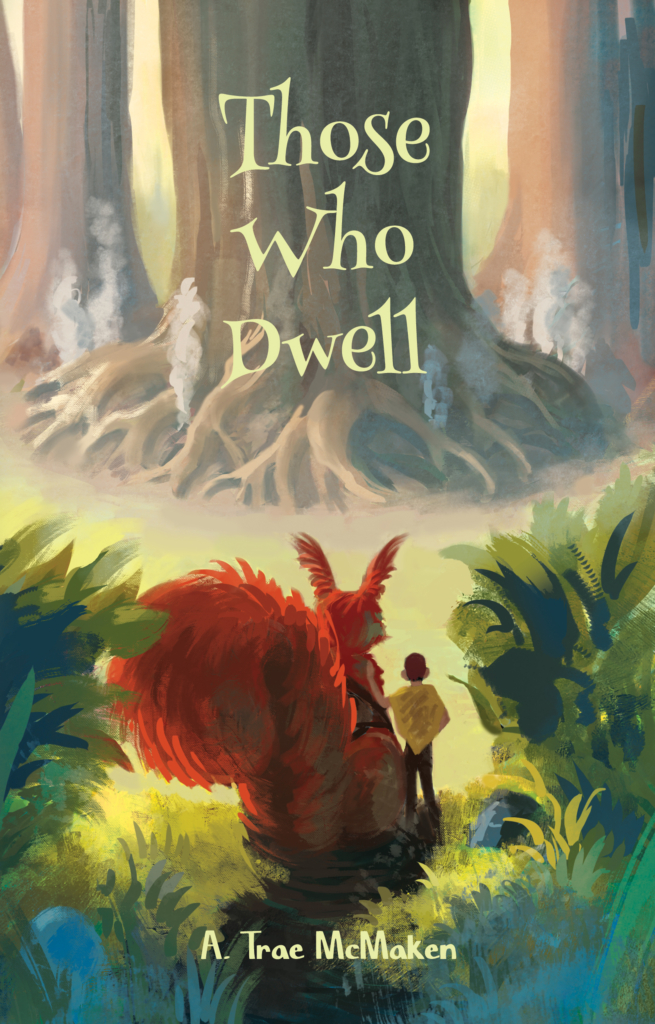Okay then.
I make you weak at the worst of all times. I keep you safe, I keep you fine. I make your hands sweat, and your heart grow cold, I visit the weak, but seldom the bold. What am I?
I make you weak at the worst of all times. I keep you safe, I keep you fine. I make your hands sweat, and your heart grow cold, I visit the weak, but seldom the bold. What am I?





